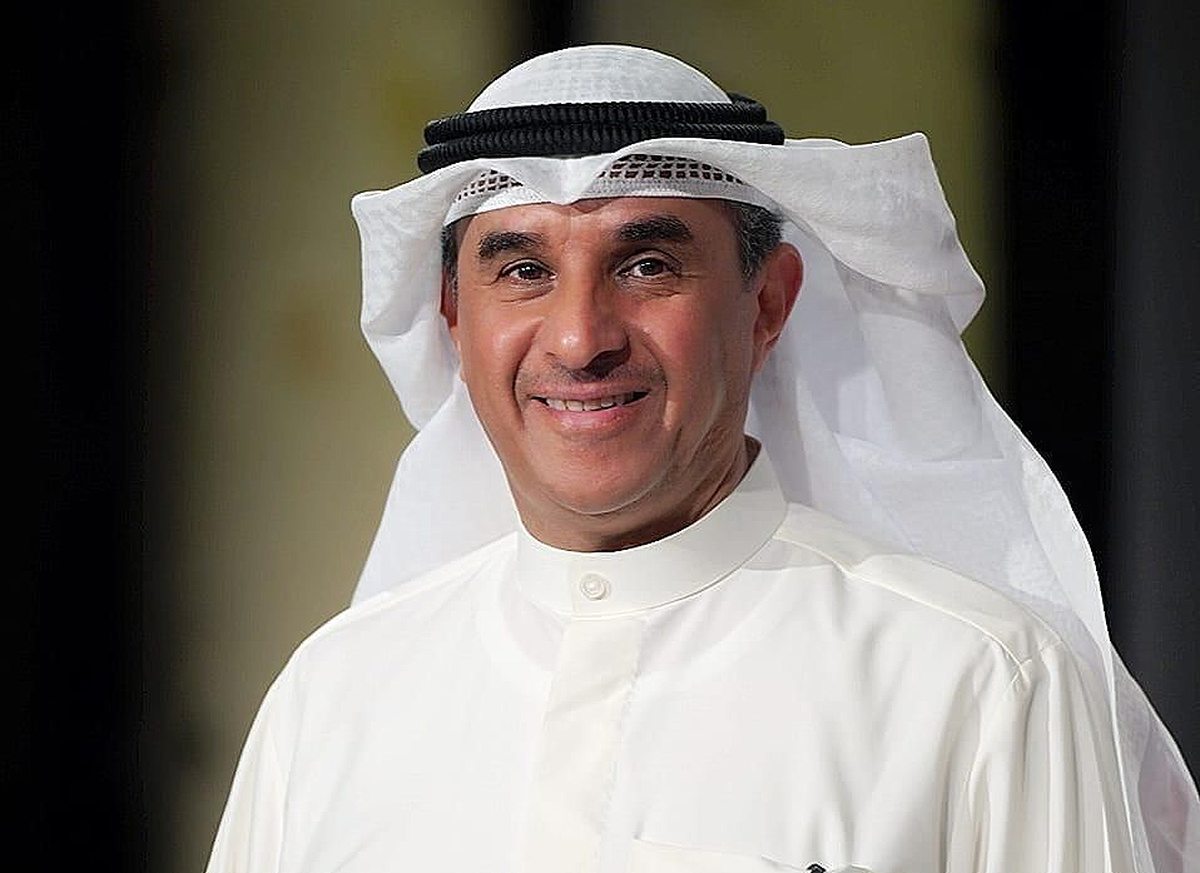03/08/2025
03/08/2025

KUWAIT CITY, Aug 3: The Public Authority for Applied Education and Training (PAAET), represented by Director General Dr. Hassan Al-Fajjam, signed an agreement renewing its cooperation contract with Kuwait National Petroleum Company (KNPC), represented by CEO Wadha Al-Khatib, to employ graduates of the Diploma in Refinery Operations program at the College of Technological Studies.
Also present at the contract signing were acting Deputy Director General for Applied Education and Research Dr. Ahmed Al-Hunayan, Dean of the College of Technological Studies Dr. Mohammad Al-Momen, and a number of other officials. The agreement aims to renew coordination between the two parties to provide job opportunities for graduates of the Diploma in Refinery Operations program at various facilities of the company, particularly the vital refinery sites, such as Mina Al-Ahmadi and Mina Abdullah refineries. This agreement is part of the cooperation between the two parties, and KNPC’s commitment to support qualified Kuwaiti youths and enhance Kuwaitization efforts in the oil sector.
Al-Fajjam affirmed that PAAET is moving forward in developing its academic programs, students, and graduates to fully cover the needs of the Kuwaiti labor market. He explained that the renewal of the cooperation agreement demonstrates confidence in the ability of PAAET to train and provide national manpower with scientific and professional skills to work in the oil sector through its teaching and training staff.
He said PAAET keeps pace with scientific and practical developments, as well as meeting the manpower needs of the public and private sectors. He praised the distinguished role and support of the company’s CEO and team in renewing the agreement, the company’s investment in Kuwaiti youths, and the continuation of this partnership, which is a successful model of integration between the government, educational institutions, and the oil sector.
By Abdulrahman Al-Shammari
Al-Seyassah/Arab Times Staff


